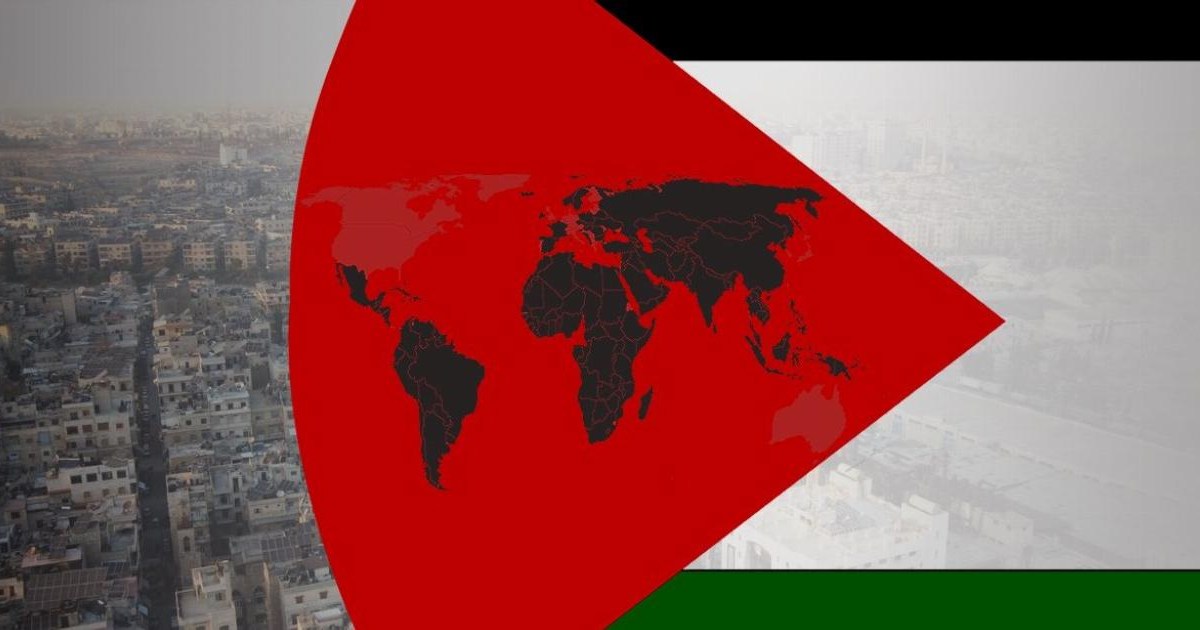The act of recognizing Palestine as a state by various nations signifies more than a mere symbolic gesture; it represents a profound shift in global diplomacy and a growing international response to the ongoing Israeli-Palestinian conflict. This complex issue, deeply rooted in historical grievances and aspirations, has once again taken center stage as countries increasingly express concern over Israel’s actions in the Gaza Strip.
Diplomatic recognition of a Palestinian state serves as a powerful message, signaling to Israel that the international community is increasingly at odds with its operational conduct within Palestine. This move underscores a burgeoning global outrage, particularly amplified by the scale and impact of Israel’s military operations in the Gaza Conflict.
While the Palestinian Authority currently exerts control over only a limited portion of the West Bank, this area surprisingly encompasses the majority of the region’s Palestinian population. Despite this fragmented governance, a significant segment of the Palestinian populace holds fervent hopes for a fully sovereign state encompassing all the land presently constituting Israel and Palestine.
For decades, the Two-State Solution has been widely proposed as a viable framework to achieve lasting peace and resolve the deep-seated tensions between Israel and Palestine. This internationally supported approach envisions two independent states, existing side-by-side, each governing its own affairs.
Despite broad International Relations backing, Israel has historically expressed vehement opposition to the Two-State Solution, rendering it a non-starter for many years. However, with renewed diplomatic efforts and increasing international Diplomatic Recognition of Palestine, the concept is experiencing a resurgence in global discussions.
Granting Palestine diplomatic recognition would significantly bolster its authority on the international stage, potentially opening doors for greater engagement with global bodies and fostering stronger alliances. Public opinion, particularly since the events of October 7th, has seen a notable shift from initial solidarity with Israel towards a more critical stance regarding the subsequent Gaza Conflict.
Prime Minister Benjamin Netanyahu’s position on a Palestinian state remains a pivotal factor in the conflict’s trajectory. He advocates for a form of Palestinian autonomy devoid of military capability, with Israel retaining ultimate security control—a proposition largely unacceptable to most Palestinians. This long-held Israeli stance has only solidified further since the October 7th attacks, intensifying the complexities surrounding future statehood.






Leave a Reply